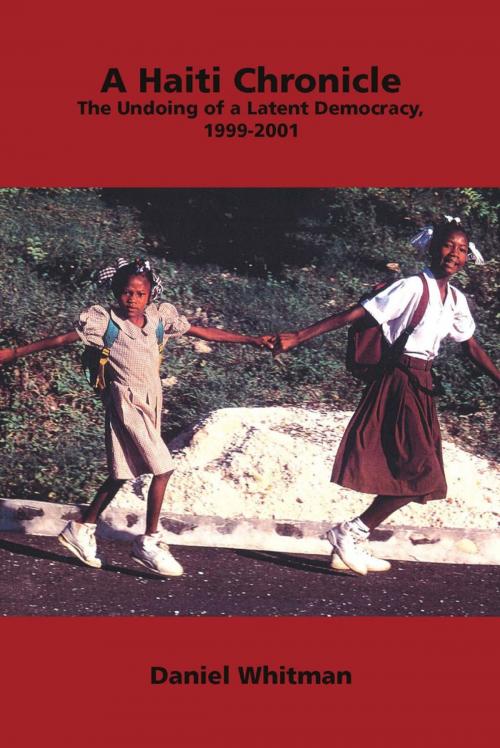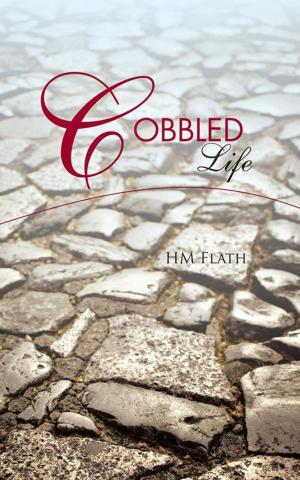A Haiti Chronicle
The Undoing of a Latent Democracy, 1999-2001
Nonfiction, Social & Cultural Studies, Political Science, History| Author: | Daniel Whitman | ISBN: | 9781553699507 |
| Publisher: | Trafford Publishing | Publication: | January 13, 2005 |
| Imprint: | Trafford Publishing | Language: | English |
| Author: | Daniel Whitman |
| ISBN: | 9781553699507 |
| Publisher: | Trafford Publishing |
| Publication: | January 13, 2005 |
| Imprint: | Trafford Publishing |
| Language: | English |
Counselor for Public Affairs at the U.S. Embassy in Port-au-Prince in 1999-2001, Daniel Whitman was haunted by the country's people and landscapes, its nuanced language, and complex and rewarding friendships.
His friends included neighbors, art gallery owners, gas station attendants - but mostly Haiti's intrepid journalists and broadcasters. Unlike others, Whitman believed that the three elections of 2000 could advance Haiti's democracy and its development from the bottom rung as poorest nation in the Western Hemisphere. He was wrong; they did not. Local supremacists killed, torched and rushed to fraud while foreigners forgave and even blessed the electoral debacles without posing the resistance even of meaningful public comment.
However, seeds also germinated to make Haiti one day fit for its inventive, humor-loving and too often betrayed people. The effort was kept alive largely by Haiti's gritty journalists, going into hiding when necessary for their survival, but newly organized in October of 1999, into a tenacious and daring national federation. The nation-wide Haitian Press Federation advanced against all odds, and held eight regional meetings which changed political discourse forever in Haiti. The country now enters a post-Aristide interlude. The failure of one regime does not guarantee success for the next. A Haiti Chronicle offers recent context for understanding Haiti's current crisis, and opportunity.
Counselor for Public Affairs at the U.S. Embassy in Port-au-Prince in 1999-2001, Daniel Whitman was haunted by the country's people and landscapes, its nuanced language, and complex and rewarding friendships.
His friends included neighbors, art gallery owners, gas station attendants - but mostly Haiti's intrepid journalists and broadcasters. Unlike others, Whitman believed that the three elections of 2000 could advance Haiti's democracy and its development from the bottom rung as poorest nation in the Western Hemisphere. He was wrong; they did not. Local supremacists killed, torched and rushed to fraud while foreigners forgave and even blessed the electoral debacles without posing the resistance even of meaningful public comment.
However, seeds also germinated to make Haiti one day fit for its inventive, humor-loving and too often betrayed people. The effort was kept alive largely by Haiti's gritty journalists, going into hiding when necessary for their survival, but newly organized in October of 1999, into a tenacious and daring national federation. The nation-wide Haitian Press Federation advanced against all odds, and held eight regional meetings which changed political discourse forever in Haiti. The country now enters a post-Aristide interlude. The failure of one regime does not guarantee success for the next. A Haiti Chronicle offers recent context for understanding Haiti's current crisis, and opportunity.















